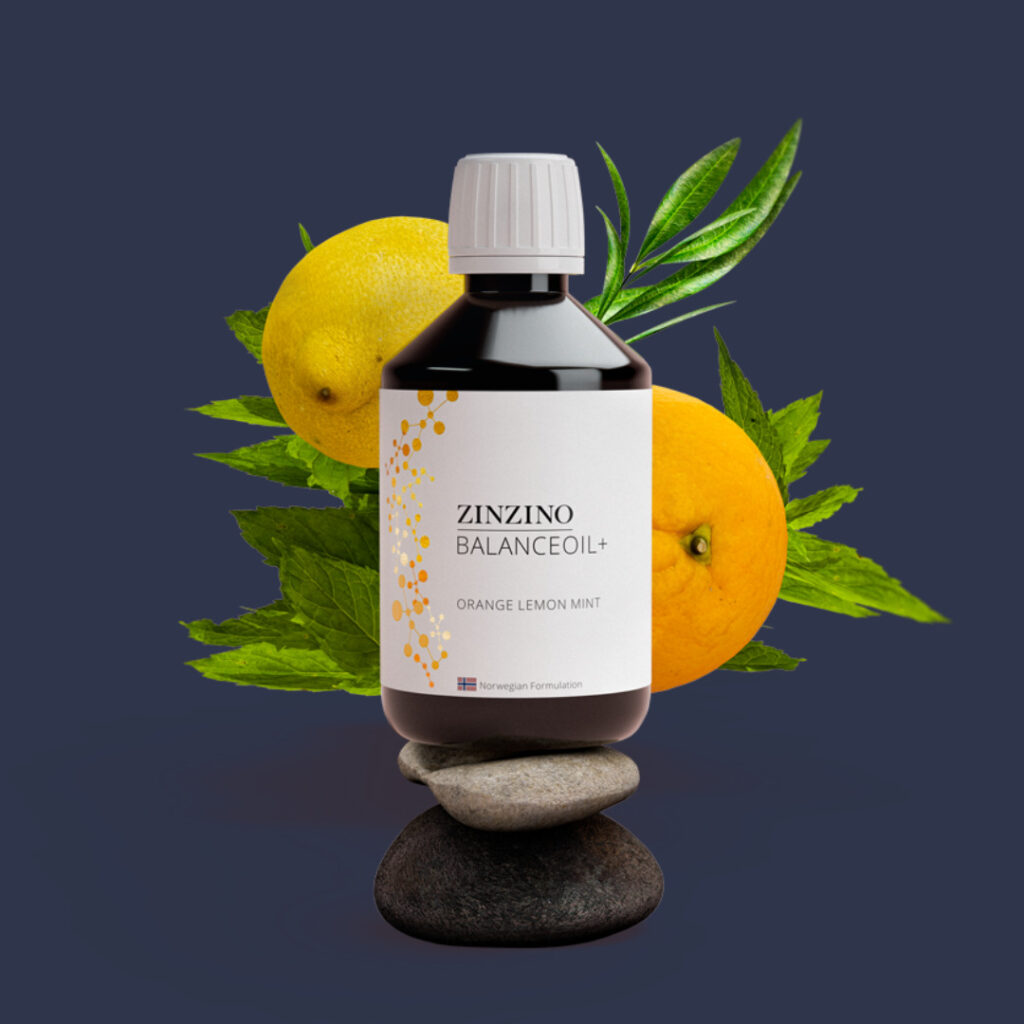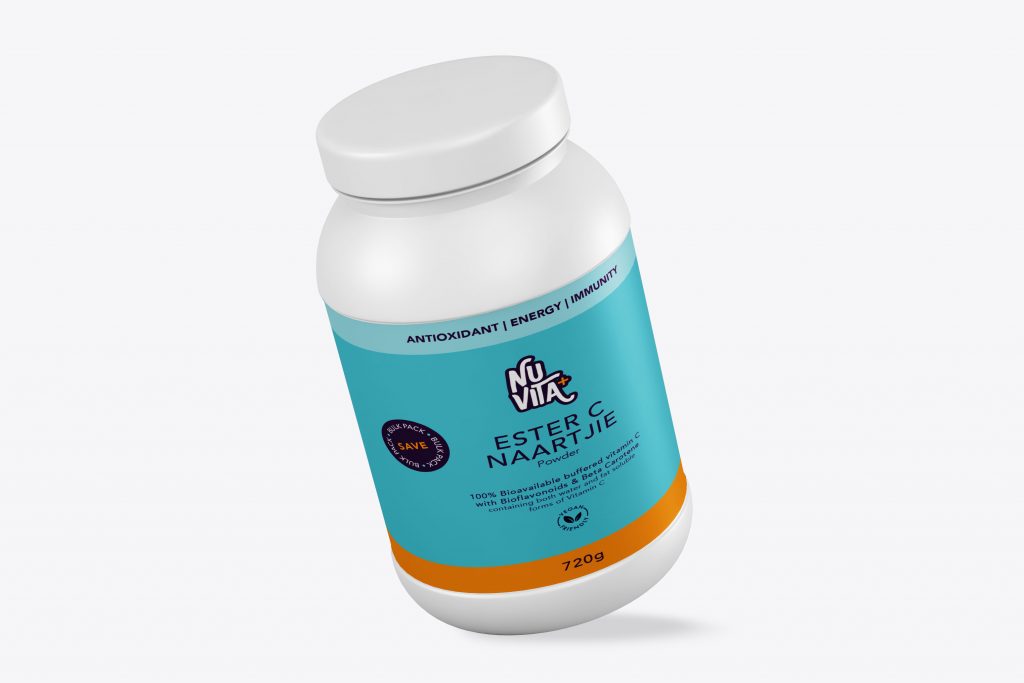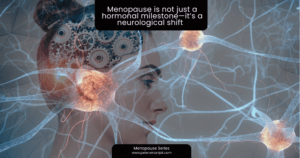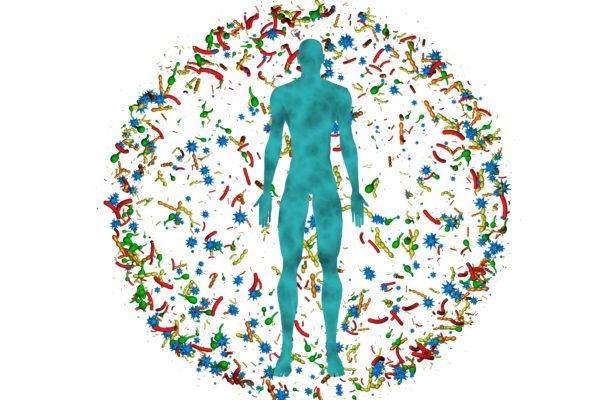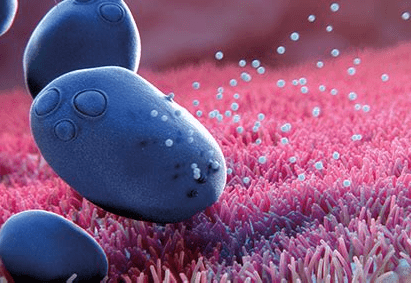Slowing Aging - Understand 'The Triage theory' of Micronutrients
If we go back to the year 1900, we knew a bit about minerals, but almost nothing about vitamins. It took us until 1912, when Casimir Funk, found the first vitamin (niacin). As the 1900s progressed, we gradually unravelled a list of 40 essential micronutrients.
Going forward there are a number of things we can anticipate happening:
- We identify more nutrients that are extremely beneficial to humans (even if they are not necessarily ‘essential’)
- We clarify in more detail the desired amounts of micronutrients we need (although much of this work has already been done)
- We develop better tools for mass analysis of micronutrient deficiencies (versus the hard to obtain, and often expensive blood panels that we have currently)
But working with what we have today, there are steps an individual can take to safeguard themselves against micronutrient deficiency:
Step 1: Eat a diet rich in micronutrients
Firstly, and this should be the #1 priority, aim to eat a diet rich in vegetables (raw and cooked), fish, meat (especially organ meats), eggs and nuts.
Step 2: Add supplements
On top of your healthy diet, you can “cover your ass” by taking supplements that cover the full spectrum of essential micronutrients. Thus safeguarding yourself against any dietary omissions. We want to take reasonable, but not excessive amounts of these micronutrients, because too much of them can have negative health consequences.
Step 3: Get blood tests
There are no blood panel that covers all of the essential micronutrients. The closest thing I was able to come across is the US SpectraCell Laboratories micronutrient test, which covers most micronutrients. It covers all 13 vitamins, and 7 of the 15 essential minerals. Although I’m not sure how important it would be to test sodium, potassium & chloride in a healthy individual (responsible for electrolyte balance). So that leaves 5 minerals; phosphorus, sulfur, iodine, iron and molybdenum that it misses out. It also doesn’t test essential amino acid deficiency or choline deficiency. I don’t think the amino acids and choline are as important, but I’ve emailed SpectraCell to learn a bit more about why these are skipped the aforementioned minerals, and will update the post as I learn more.
Micronutrients and the future
Despite the fact that the information mentioned above has been out in the public domain for some time, its clear that it hasn’t been absorbed by our collective consciousness just yet. This is evidenced by a few things:
- Extremely popular multivitamin supplements that don’t cover even close to the full range of essential micronutrients.
- Hospitals (at least the NHS in the UK) not providing in-patient supplementation so that they hit their necessary micronutrient intake on a daily basis.
- Extremely limited availability of blood test panels that cover the full range of essential micronutrients.
- Lack of routine micronutrient blood testing.
- A general societal focus on the macronutrient composition of the diet.
This means that we can expect a lot of changes in the future. Generally speaking, I anticipate micronutrient testing and supplementation to become more thorough and routine in order to maintain optimal human health.
Most of the world’s population, even in developed countries, has inadequate intake of one or more of the ~30 essential vitamins and minerals, mostly used as cofactors by the proteins/ enzymes of metabolism.
A varied and balanced diet should provide enough vitamins and minerals; an unbalanced diet with too much refined food provides calories, but not enough vitamins and minerals. Triage theory posits that, as a result of recurrent shortages of vitamins and minerals during evolution, natural selection developed a strategic rationing response to moderate shortages so that the scarce vitamins and minerals are preferentially retained by vitamin and mineral dependent proteins that are essential for short-term survival and reproduction.
In contrast, proteins needed for long-term health, which defend against the diseases associated with aging, are starved for the vitamins and minerals and thus are disabled. Moreover, since the damage from moderate deficiency is insidious, its importance for long-term health is not clinically apparent. Strong support for triage theory comes from the analyses of published data on proteins dependent on vitamin K and on selenium. Both of these vitamins and minerals have built into metabolism a triage-like trade- off between short-term survival and long-term health; each uses a different mechanism to accomplish this end. Mechanistic, genetic, and epidemiological evidence suggests that this metabolic trade-off accelerates aging-associated diseases, such as cancer, cardiovascular disease, immune dysfunction, and cognitive decline.
Dr. Bruce Ames is a Professor of Biochemistry and Molecular Biology, emeritus, University of California, Berkeley, and a Senior Scientist at Children’s Hospital Oakland Research Institute. He is a member of the National Academy of Sciences and he was on their Commission on Life Sciences. Dr. Ames served on the board of directors of the National Cancer Institute, the National Cancer Advisory Board, from 1976 to 1982. His numerous awards include: the General Motors Cancer Research Foundation Prize (1983), the Tyler Environmental Prize (1985), the Gold Medal Award of the American Institute of Chemists (1991), the Glenn Foundation Award of the Gerontological Society of America (1992), the Honda Prize of the Honda Foundation, Japan (1996), the Japan Prize, (1997), the Kehoe Award, American College of Occup. and Environ. Med. (1997), the Medal of the City of Paris (1998), the U.S. National Medal of Science (1998), the Linus Pauling Institute Prize for Health Research (2001), the American Society for Microbiology Lifetime Achievement Award (2001), the Thomas Hunt Morgan Medal from the Genetics Society of America (2004), and the American Society for Nutrition/CRN M.S. Rose Award (2008). His 550+ publications have resulted in Dr. Ames being among the few hundred most-cited scientists (in all fields).

